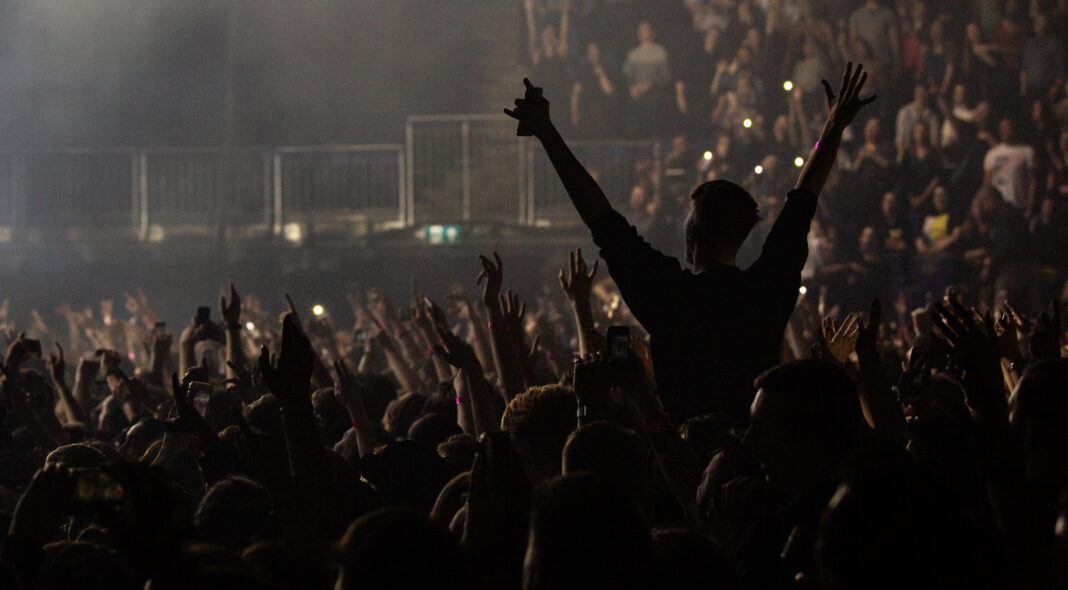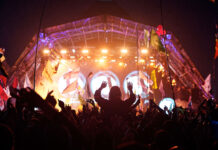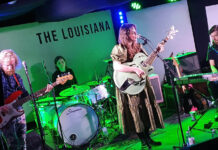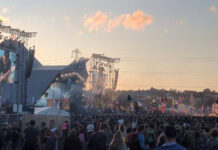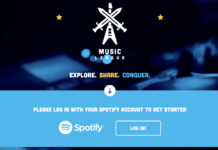People will need to have proof of full vaccination to enter nightclubs and other “large crowded settings” from September, the government have announced.
It marks a U-turn from the government’s previous decision to leave entry requirements up to clubs and venues, with Cabinet Minister Michael Gove reported to believe “COVID passports” would be “too much of a hassle”.
Now, Vaccines Minister Nadhim Zahawi has announced that the rules for entry to such spaces will change from the end of September, when the majority of England’s adult public is expected to have had both doses of the vaccination. While club-goers can currently show proof of a negative coronavirus test to gain entry at venues with entry requirements, they will no longer be able to do so.
Boris Johnson also confirmed the new ruling in a press conference held yesterday (July 19), on the country’s so-called “freedom day”. “We’re planning to make full vaccination the condition of entry to nightclubs and other venues where large crowds gather,” he said. “Proof of a negative test will no longer be enough.”
He added that club owners and promoters would “need to do the socially responsible thing” by enforcing COVID passports. Zahawi also said the government “reserves the right to mandate” the new entry requirements, should clubs and venues not implement them.
“We are supporting the reopening of large crowded settings, such as nightclubs as we saw last night, with the use of the Covid pass as a condition of entry to reduce the risks of transmission,” he told MPs, according to the Telegraph.
“I encourage businesses […] to use the Covid pass in the weeks ahead. We will be keeping a close watch on how it is used by venues and we reserve the right to mandate if necessary.
Speaking on BBC Newsnight, the chief executive of the Night Time Industries Association, Michael Kill, said the government’s announcement had been “met with much anger and frustration” and that the industry felt “like they’re being marginalised”.
“There’s a huge amount of concern with regards to this release, particularly as it’s contradictory to the last couple of weeks’ announcements [and] particularly the Health Secretary who said this wouldn’t be the case.”
Kill acknowledged that clubs and venues don’t want to be sites for spreading the virus, but said a “huge amount of work” had gone into reopening spaces in line with the government’s guidance and protocols. “Don’t underestimate the work that’s gone into this,” he said. “We want the government to be above the light and be clear exactly what the expectation is.
“What they’ve done is put some guidance out which is quite ambiguous in its narration and it’s up to the operator to decide which way to go. Now what we’ve seen is, within a week, a complete u-turn and a huge amount of frustration because everything leading up to this COVID passport would suggest that the implementation of it would suggest that it would be disproportionate to the benefit to public health.”
The NTIA CEO warned that forcing people to prove their vaccination status to gain entry to clubs could see young people turning to unregulated environments that could be more “infectious” than licensed venues. “We’re gonna see a lot more illegal parties and events taking place for those people who don’t want to engage in this process,” he said. “I think it’s a very dangerous game to play.
On Twitter, industry figures involved in the nighttime sector questioned what the government would define as a nightclub or mass event. “What is the definition of a nightclub as opposed to a late night bar/pub?” Ashley Letchford, owner of venues including The Last Days Of Disco and Fu Manchu, asked.
“What will be classified as a “mass event” that requires #vaccinepassports?” added former club owner Martin Murray. “Will it include concert halls, theatres, sporting events, live music venues, large churches, larger pubs, bars with DJs, sports bars, large wedding venues, or only nightclub type venues?”
Clubs were allowed to reopen yesterday after most of the restrictions that had been put in place during lockdown were lifted. Many venues across the country opened at midnight with lines of clubbers outside their doors, ready to return to the nightlife scene.


